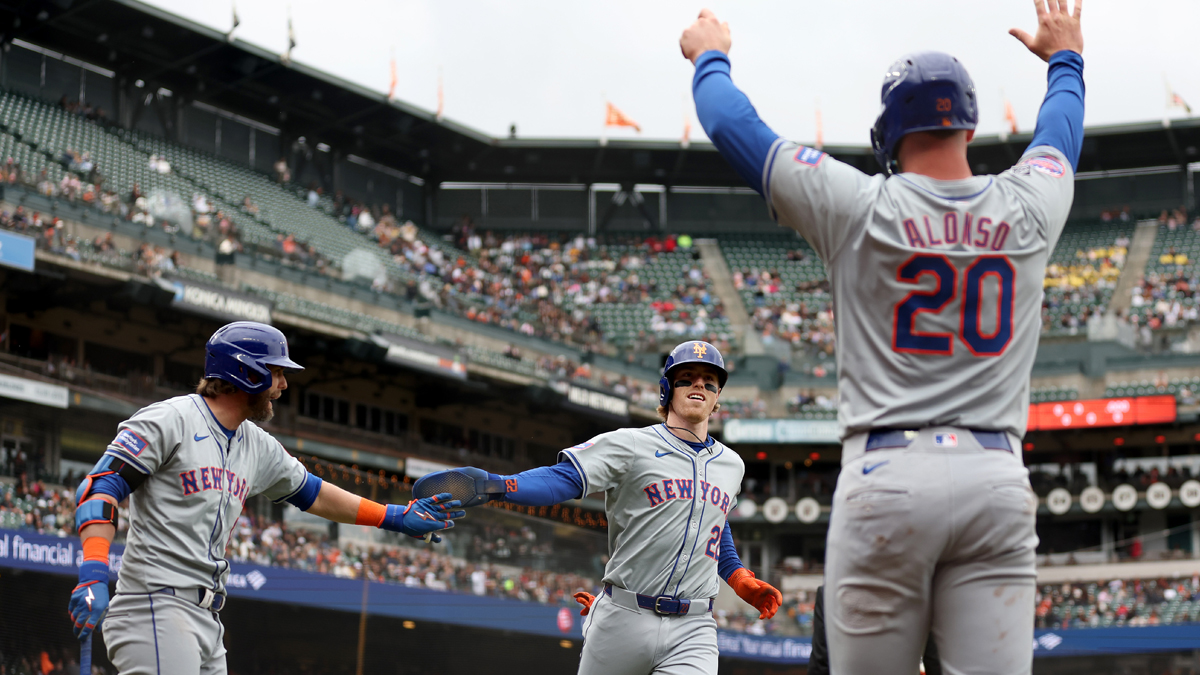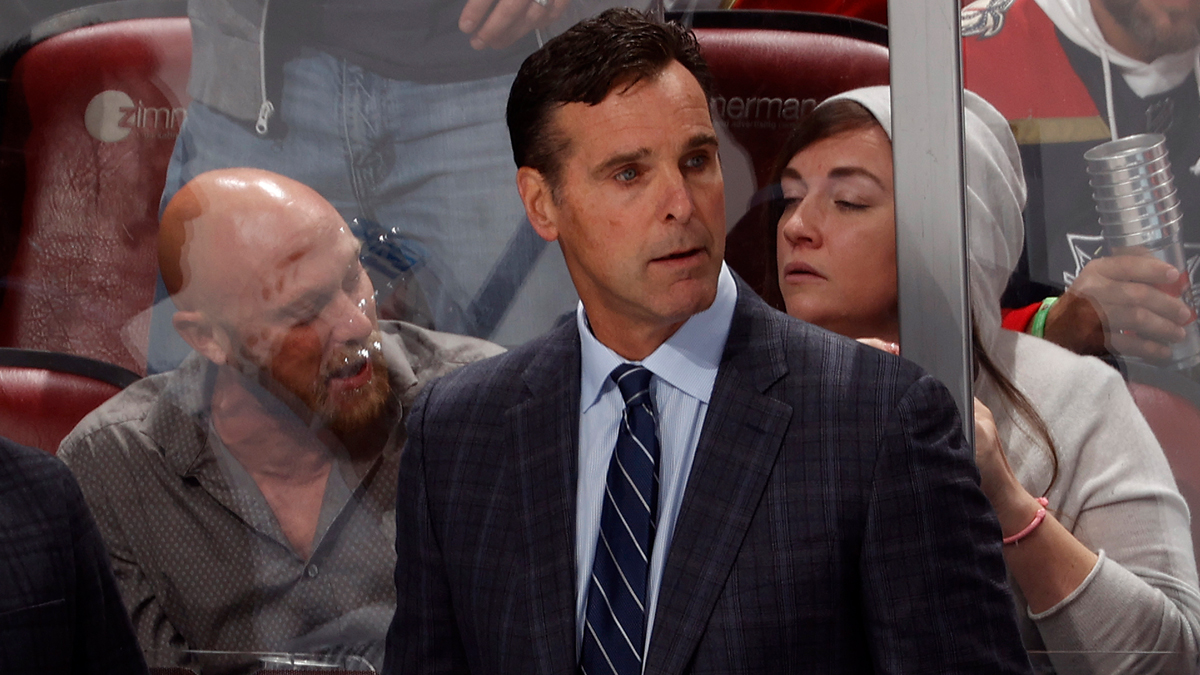There is one enduring video moment above all others in Willie McCovey's career, and it is an out.
It was his screaming line drive in the ninth inning of the seventh game that would have won the 1962 World Series for the San Francisco Giants. Matty Alou was at third base and Willie Mays at second when McCovey hit a rocket -- directly at seemingly surprised Yankees second baseman Bobby Richardson, who caught the ball and gave New York a 1-0 win and another title.
It was the last World Series moment McCovey would ever have, and yet he is regarded by those who saw him as one of the game's most extraordinary power hitters and a clear difference-maker in nearly every game he ever played, either in opponent preparation or result. A first-ballot Hall of Famer . . . unanimous winner as National League Rookie of the Year BASED ON ONLY 52 GAMES in 1959 . . . the namesake for a cherished team award and the most recognizable bit of the San Francisco Bay.
And for you metrics fans, the 13th-best first baseman in history by JAWS, one of the leading data-based parsers of the game through the eras.
[RATTO: McCovey, the quintessential Giant]
Yet, his greatness largely is the word of mouth and the "you had to be there to understand it" variety.
Sports
McCovey's death at age 80, apparently of complications from an infection that hospitalized him one week earlier, was the first universally beloved San Francisco Giant. It was his reward for being the first Giant whose first great achievement did not come before the franchise moved from New York, and as the one who stayed in the Bay Area almost without interruption from the time he arrived in San Francisco until his death.
But as a player, his signature moments rarely were captured on film in an era in which many games went untelevised. In other words, you had to see him hit a ball into and through the teeth of the savage Candlestick Park wind to understand it. You had to see him stretch improbably to dig a ball out of the dirt that few first basemen could have even reached by coming off the bag. You had to hear the story about Don Drysdale trying to repeatedly hit him with a pitch because Mays turned a double into a single so that Drysdale would have to pitch to him, and Drysdale refusing to do so even in defiance of baseball strategy. You had to hear the esteem and even awe in which he was held by his contemporaries in an era in which nearly every one of the 20 major league teams had at least one Hall of Famer, and some (like the Giants) had several.
It was McCovey's unfortunate luck to be on a team that would have dominated the '60s had there not been the Dodgers and then the Cardinals to prevent their ascension to multiple World Series. It was his fate to play in an era with Mays and Henry Aaron and Frank Robinson and Roberto Clemente and Mickey Mantle and Ernie Banks and Harmon Killebrew and Al Kaline and Sandy Koufax and Bob Gibson and Juan Marichal and Carl Yastrzemski and Joe Morgan and Willie Stargell and dozens of others. It was McCovey's place to be included in that group without the one recognizable moment in which he stood triumphant.
But the players knew, and the people who watched him knew. He was on greatness' short list, and if the technology missed him too often, the eyes of those who lived in the era did not. He was the player the Giants traded Orlando Cepeda to keep, and the player they brought back after his prime years ended because he belonged in and to San Francisco in ways that no other Giant ever has.
McCovey was a triumph of endurance in the face of constant challenges, and it's hard to make a video of that. He was a touchstone for the first generation of Giants fans who passed their love of the game and the team to their children, and it's hard to make a video of that, either.
But maybe it helps that the Giants, who traded him at age 35 to San Diego for pitcher Mike Caldwell (don't ask) in 1973, felt compelled to bring him back at age 39 so he could close his career out with the team that defined him -- and kept him for another three years because he meant that much to them.
And maybe it helps that McCovey Cove is not just an easy alliterative notation but a thoroughly earned honorific that transcends his career and extends his fame for generations.
And when those who didn't know ask those who did to define Willie McCovey, the only true answer is: "You had to be there. Just trust me on that." He was every bit as great as you have ever heard, but you still have to add 30 percent because verbal descriptions decades removed from their real impact actually should grow, not shrink.
But if it helps, there still is the cove. For those who didn't know why Willie McCovey should be so designated . . . well, put it simply. It could have been nobody else.



